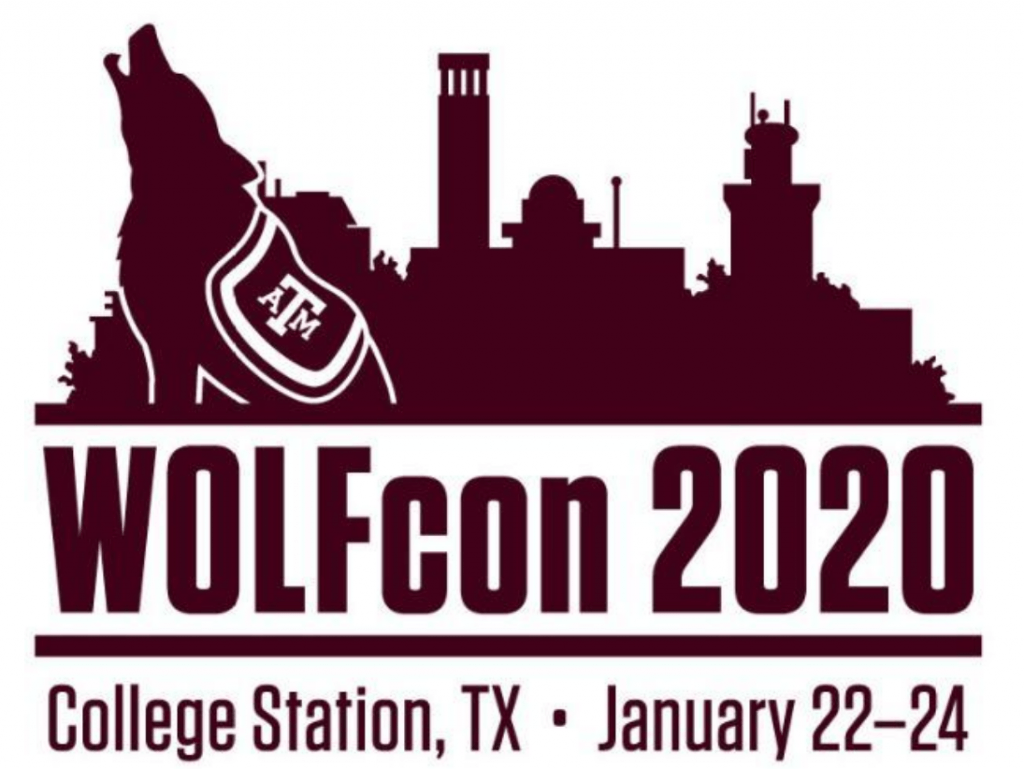
The annual event of the Open Library Foundation (OLF) was held at the end of January at A&M University in Texas. WOLFcon for “World Open Library Foundation Conference”. Several projects were represented: . It was the latter that mobilized us the most and which occupied most of the program. All of these projects have a strong connection to free software in libraries. Almost 200 people were present. We wanted to know this community better.
General information on Folio
is an open source and free software that is flexible, extensible and can manage the IT needs of a library. It is presented as a set of modules chosen according to the needs of the structure from a whole panel (storage of information from physical or electronic documents, user management, circulation, ERM etc.). To get an idea, you can go to the demo of the last major version published in January 2020: (ident: diku_admin / pass: admin). The technical architecture is built on a principle of microservices allowing any technology to interact for the same purpose with its . Due to its architecture, it is easy to develop modules offering new services not imagined yet.
Present and future users
Today, the University of Chalmers in Sweden is in production with Folio. I was pleasantly surprised to see several large universities which have planned to go live in 2020, which are very involved in the community. They are fully invested in the tests and new developpments. By “large” I mean that there are several million physical documents (excluding items), regularly around 5 to 9 million.
Some librairies plan to go live with ERM part only, others with the inventory and circulation part.
The University of Shanghai plans to switch to Folio in the coming years and they have around 50 million documents and you can imagine the number of users and circulation actions. For the Folio community it is also a major challenge.
I come out of this event having met many people who are very pleasant, motivated, competent, attentive and with a desire to support new entrants. At first glance, the quantity of content produced and the number of communication channels is not easy to grasp. From a free culture point of view, even if the communication and capitalization tools are not always under a free license, the feelings of sharing and openness that I felt are very positive.
The community includes a “Product Council” and a “Technical Council” which are 2 decision-making circles. Then, functional groups called “SIG” for Special Interest Group discuss common issues. The “PO” for “Product Owner” present in SIGs can coordinate a development team. Each circle has its operating rules and its meeting rhythm. Since it’s public, you can learn more on the .
This software evolves a lot and is in full boiling. A new major version is published every quarter, rich in new features and fixes. Several development teams interact daily on different topics of the software.
The first steps of Okapi (the “conductor” brick) date from 2016. We discussed on some very interesting subjects such as technical debt management and future architectural improvement projects (the need to improve performances, refactoring to come etc.)
The product is very flexible, so there are several ways to implement it for a library and therefore a fairly large learning curve. This software is also very ambitious in terms of scalability, functional coverage, etc. I had the feeling that the workflows for the moment were rather American-centered (although the first library in production is Swedish). Through our expertise, we have some insights to add to enrich these processes in Folio.
A publication on the official website followed WOLFCon 2020 and provides elements of projection following the conference. The next WOLFCon should take place in Germany in 2021!



